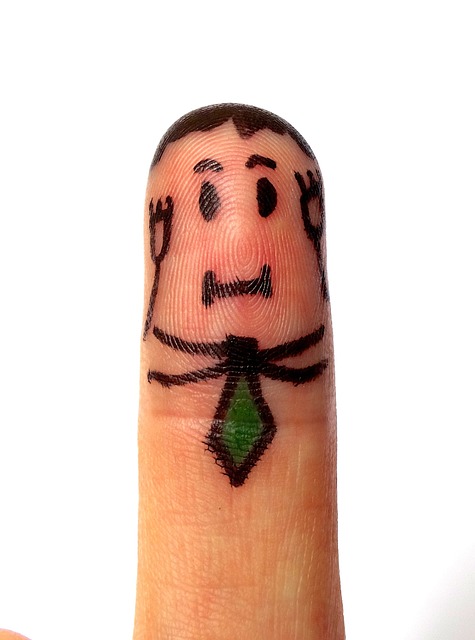Depression is a complex mental health disorder that affects various aspects of an individual’s life, including their ability to feel pleasure and satisfaction.
This impairment is largely due to depression’s effect on the brain’s reward system. Understanding this relationship is crucial for comprehending the depth and breadth of depression’s impact.
The Reward System: Basics
The brain’s reward system is a group of structures involved in reinforcing behaviors that are essential for survival, such as eating and socializing, by providing feelings of pleasure and satisfaction.
The neurotransmitter dopamine plays a significant role in this system, particularly in areas of the brain like the ventral tegmental area (VTA), nucleus accumbens, and the prefrontal cortex.
Depression’s Impact
- Reduced Dopamine Levels: Depression has been associated with dysfunction in the way the brain processes dopamine. Lower levels of dopamine in the reward pathways may reduce an individual’s ability to experience pleasure, a condition known as anhedonia. This can make previously enjoyable activities feel unrewarding or uninteresting.
- Altered Brain Structure and Function: Research using brain imaging techniques has shown that depression can lead to changes in the structure and function of brain regions involved in the reward system. These changes may impair the reward circuitry, further diminishing a person’s capacity to experience pleasure.
- Increased Negative Bias: Depression can lead to a heightened sensitivity to negative outcomes rather than positive ones. This negative bias can skew an individual’s perceptions and experiences, making it more difficult to feel rewarded or motivated by positive events or achievements.
- Impact on Motivation and Enjoyment: The dampening effect of depression on the reward system can significantly impact motivation. Since the anticipation of pleasure is a key driver of motivated behavior, individuals with depression may find it hard to start or engage in activities, contributing to a cycle of inactivity and isolation.
Consequences
The impairment of the reward system in depression has profound implications. It can affect everything from daily functioning and quality of life to the effectiveness of certain treatments.
For instance, activities that rely on positive reinforcement to motivate change, such as exercise or engaging in hobbies, can be less effective for those experiencing depression-induced anhedonia.
Treatment Implications
Understanding the impact of depression on the reward system highlights the importance of comprehensive treatment approaches. These may include:
- Medications: Certain antidepressants may help by affecting the neurotransmitters involved in the reward system.
- Psychotherapy: Cognitive-behavioral therapy (CBT) and other therapy forms can help individuals develop coping strategies and gradually increase engagement in rewarding activities.
- Lifestyle Changes: Encouraging small, manageable steps towards activities that can provide some level of satisfaction or pleasure.
Moving Forward
The effect of depression on the reward system is a critical aspect of the disorder that underscores the importance of seeking treatment.
While depression can significantly impair one’s ability to enjoy life, effective management and therapy can help mitigate these effects and improve overall well-being.













